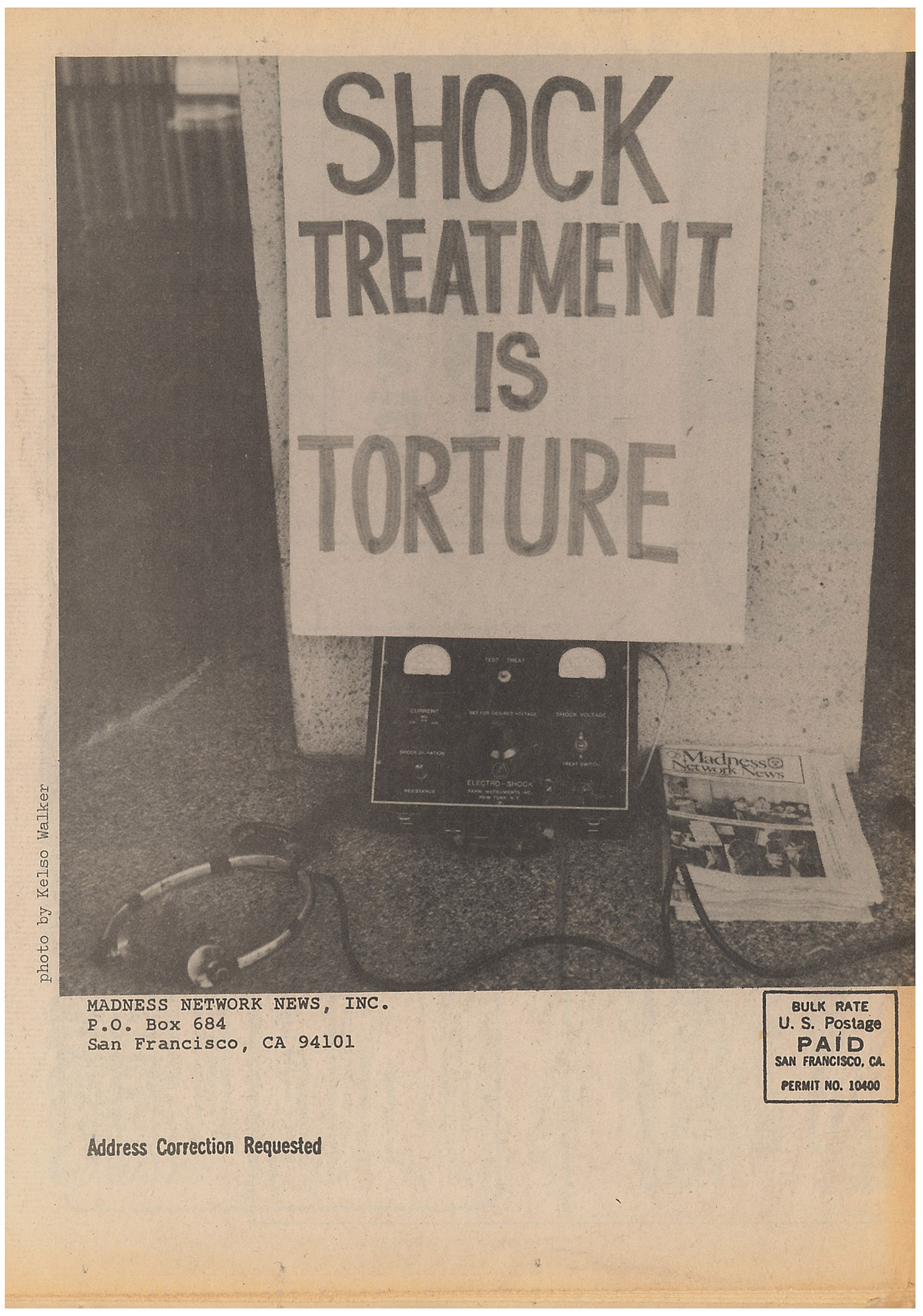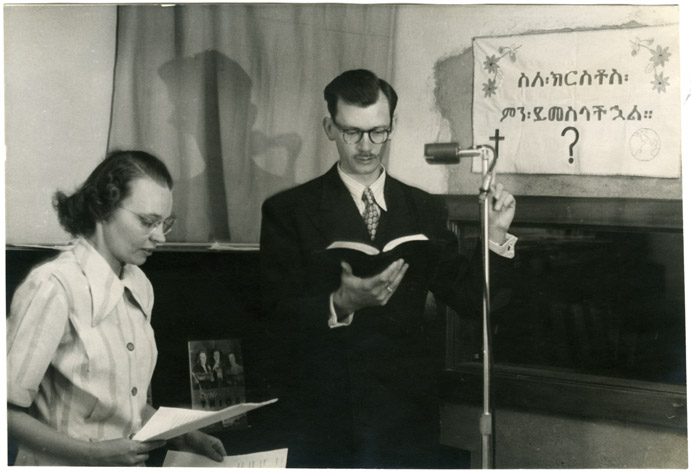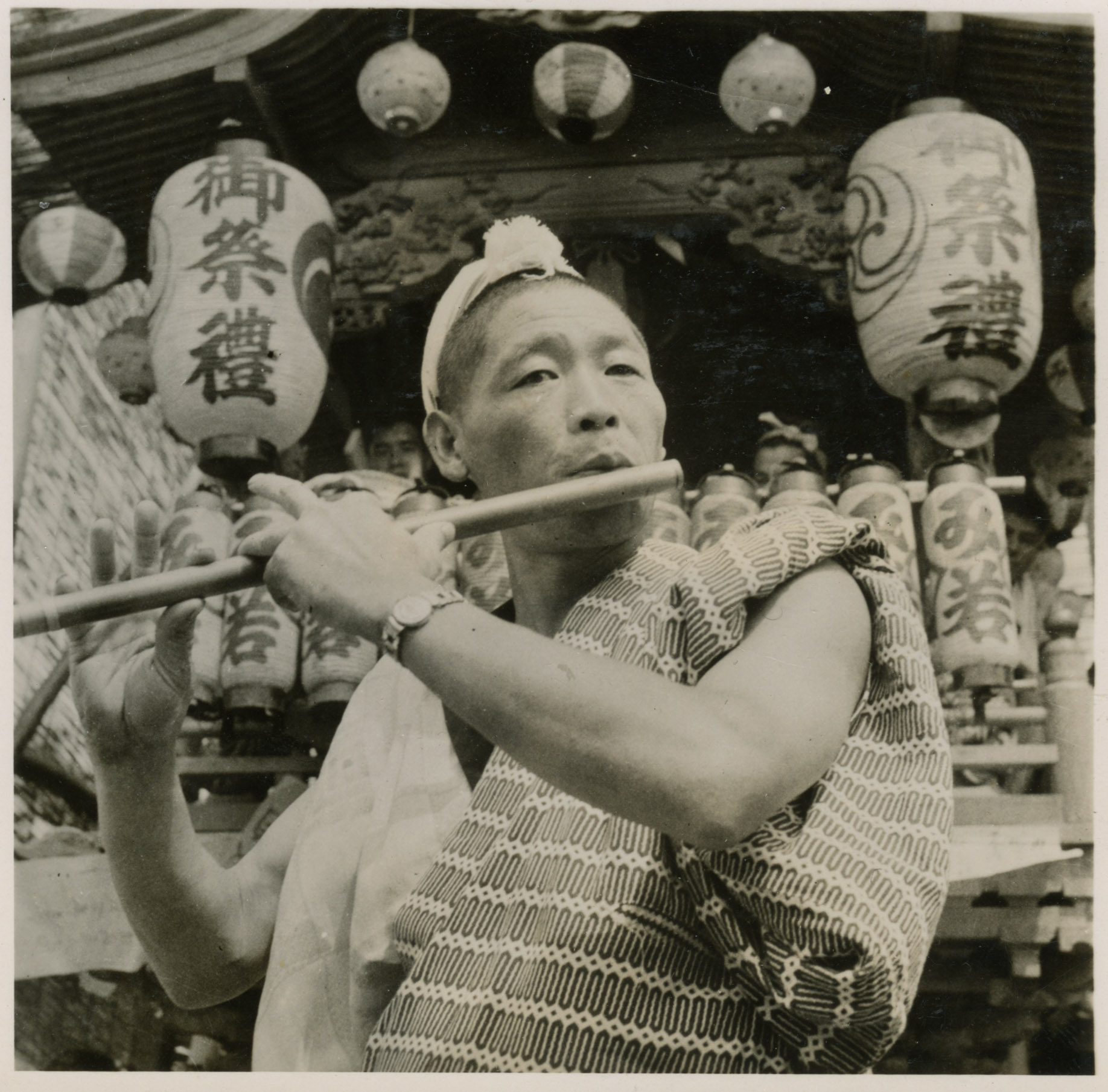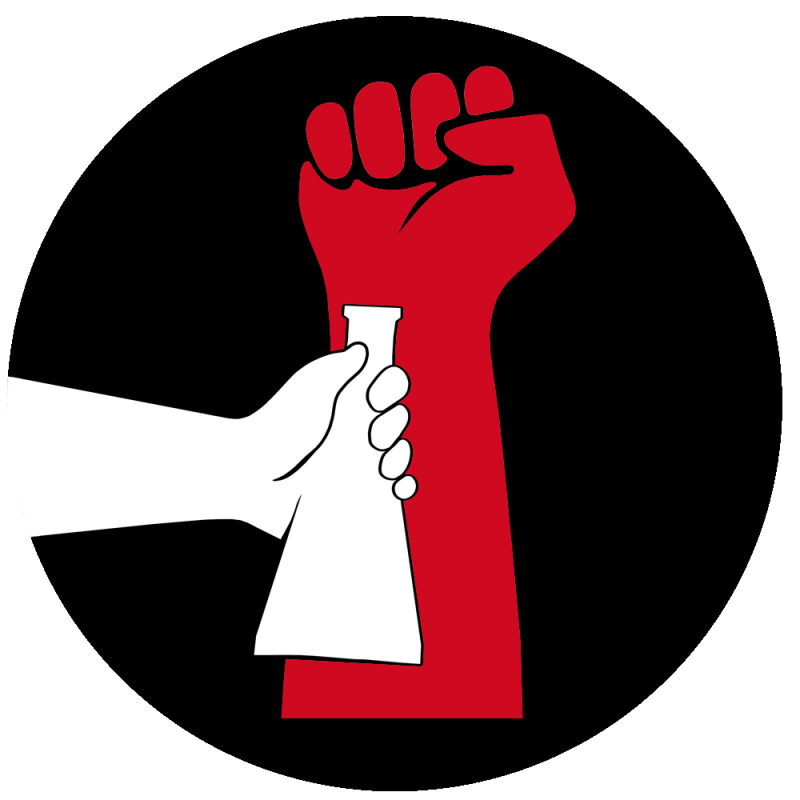Madge McQueen Papers
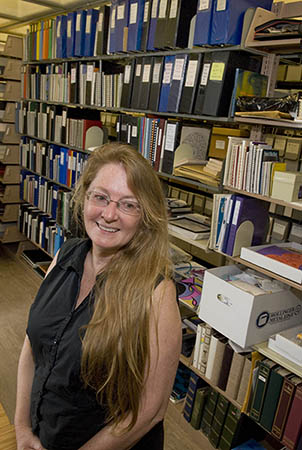
Photo by Laura Wulf
I was born in Washington, D.C., in an unwed mother’s home. I spent my earliest months living with my maternal grandmother and two teenage aunts–one of whom was abusive. My mother married my step-father in 1960; I was eleven years old when I discovered he was not my biological father. My mother suffered from psychotic schizophrenia; my step-father was frequently violent in our home; my younger, half-brother struggled with a severe learning disability, early drug addiction, and later untreated paranoid schizophrenia. After years of physical and sexual abuse, I escaped my destructive, troubled family when I was fourteen–having previously run away twice. I became a ward of the state of Maryland (my family had moved into Prince George’s County when I was much younger). I lived with three foster families until I was nineteen. I was determined to use education as a way out of poverty and violence. I attended Prince George’s Community College, then the University of Maryland in College Park where I earned a BA in Hearing and Speech Sciences in 1982. I worked at the radical Maryland Food Collective from 1981 to 1984 which profoundly impacted my life: politically, socially, and sexually. In 1985, I moved to Plainfield, Vermont, where I attended graduate school at Goddard College, receiving an MFA in Writing and Women’s Literature in 1987. After teaching for five years in Boston, at Fayerweather Street School and at the Jamaica Plain Community Centers–Adult Learning Program, I went to Massachusetts College of Art, earning a BFA in Three Dimensional Fibers in 1997. I lived for a year in Germany, 1980-1981, and in Honduras, 1997-1998, where I taught cognitively disabled adults and 8th graders, respectively. In 2002, after living in Boston for four more years, I moved to Twin Oaks Community in Louisa, Virginia. During my long membership, I left twice for extended periods. In 2006-2007, I traveled for eight months in the U.S. and in New Zealand. In 2014, I spent seven months in Amherst and in Boston working on my papers, followed by four months of travel across country and back visiting loved ones as I wrote my autobiography. In the beginning of 2015, I again made Twin Oaks my home.
My collection consists of nearly 300 journals (which include copies of my letters sent), all correspondence received since 1972, many of my artist books, as well as some of my other art work. My bequest is also comprised of my educational documents, my personal health records, my photographs, some family papers, Twin Oaks ephemera, a family tree, a friendship web, a few favorite books, two interviews, etc. What I have written and saved since I was twelve years old fills 84 linear feet: it is my life’s work. I have given, and will continue to give, my papers to UMass Amherst for safekeeping and so that my life–as an incest and battering survivor, as someone raised working class, as a daughter of a mentally-ill mother, as a radical feminist, as a diarist, as an avid letter writer, as an artist, as a bisexual, as a woman who chose neither to be a wife nor a mother, as an attentive niece, as a communitarian, as a traveler, and as a devoted friend–will not be erased.

